Table of Contents
The National-level exam assesses eligibility for lectureships and research fellowships in various domains. One of the key domains is “Linguistics”. Candidates preparing for the NET 2025 Exam should familiarize themselves with the UGC NET Linguistics syllabus. This article will give you a detailed insight into the UGC NET Linguistics Syllabus. This article provides a detailed discussion of the syllabus of the UGC NET 2025 Linguistics exam.
UGC NET Linguistics Syllabus 2025
Candidates need to get an idea of the specific topics and information about the UGC NET Linguistics syllabus. The UGC NET exam is divided into two parts Paper I and Paper II. Paper I is the common paper for all, testing candidates’ teaching and research aptitude. Whereas Linguistics Paper II is subject-specific and carries 200 marks. Understanding the UGC NET Linguistics syllabus is the first step in the journey.
UGC NET Linguistics Syllabus Important topics
A brief outline of the units of UGC NET Linguistics Syllabus 2025 is given below:
| Units | Topic |
| Unit I | Language and Linguistics |
| Unit II | Phonetics and Phonology |
| Unit III | Morphology |
| Unit IV | Syntax |
| Unit V | Semantics and Pragmatics |
| Unit VI | Historical Linguistics |
| Unit VII | Sociolinguistics |
| Unit VIII | Area Typology and South Asian Language Families |
| Unit IX | Interdisciplinary and Applied Linguistics – I (Psycholinguistics, Language Learning and Language Teaching) |
| Unit X | Interdisciplinary and Applied Linguistics – II (Translation, Lexicography, Computational Linguistics, Stylistics, Language and Media) |
UGC NET Linguistic Detailed Syllabus Paper 2
The syllabus is divided into ten units. These are given in detail as follows
Unit-1: Language and Linguistics
- Nature of Language
- Approaches to the Study of Language
- Language Analysis
- Linguistics and Other Fields
Unit 2: Phonetics and Phonology
- Phonetics
- Articulatory Phonetics
- Acoustic Phonetics
- Phonology
- Descriptive Phonology
- Generative Phonology
Unit 3: Morphology
- Basic Concepts
- Morphological Analysis
- Word-Formation Processes
- Morpho-syntax
Unit 4: Syntax
- Traditional and Structural Syntax
- Generative Syntax
- Some Key Concepts in the Minimalist Programme
- Transformational Components
Unit 5: Semantics and Pragmatics
- Semantics
- Pragmatics
Unit 6: Historical Linguistics
- Sound Change
- Morphosyntactic and Semantic Changes
- Linguistics Reconstruction
- Language Contact and Dialect Geography
Unit 7: Sociolinguistics
- Basic Concepts
- Linguistic Variability
- Language Contact
- Language Development
- Language Ecology and Endangerment
- Sociolinguistic Methodology
Unit 8: Area Typology and South Asian Language Families
- Language Typology, Universals and Linguistic Relatedness
- Approaches for Study
- Salient Features of South Asian Languages
- India as a Linguistic Area
Unit 9: Interdisciplinary and Applied Linguistics – I (Psycholinguistics, Language Learning and Language Teaching)
- Psycholinguistics
- Basic Concepts
- Language Processing
- Clinical Psycholinguistics
- Language Learning and Language Teaching
- Language Teaching and Language Learning
- Language Teaching Analysis
- Contrastive Analysis
Unit 10: Interdisciplinary and Applied Linguistics – II (Translation, Lexicography, Computational Linguistics, Stylistics, Language and Media)
- Translation
- Paraphrase, translation and transcription
- Lexicography
- Making of a Dictionary
- Types of Dictionaries
- Computational Linguistics
- Artificial intelligence and language; natural language processing (NLP)
- Stylistics
- Language and Media
- Mass media
Download UGC NET Linguistic Syllabus PDF
Candidates must check out the UGC NET Linguistic Syllabus PDF for easy referencing during their preparation. They must keep checking the NET Linguistic Syllabus PDF to ensure they cover their entire syllabus efficiently.
| UGC NET Linguistic Syllabus PDF | |
| In English | In Hindi |
| UGC NET Linguistic Syllabus PDF | UGC NET Linguistic Syllabus PDF |

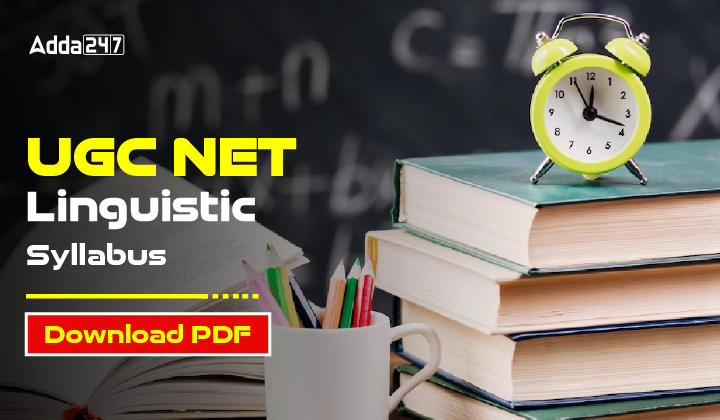
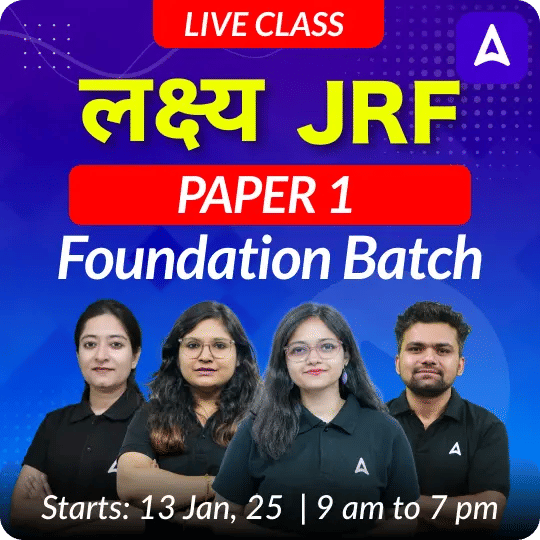

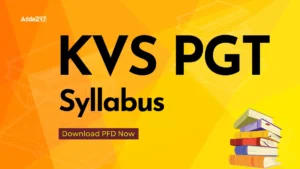 KVS PGT Syllabus 2025, Download PGT Syll...
KVS PGT Syllabus 2025, Download PGT Syll...
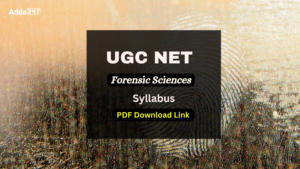 UGC NET Forensic Science Syllabus 2025 a...
UGC NET Forensic Science Syllabus 2025 a...
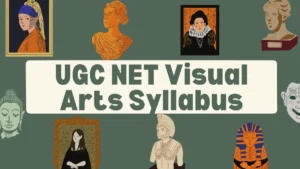 UGC NET Visual Arts Syllabus 2025 PDF Do...
UGC NET Visual Arts Syllabus 2025 PDF Do...














